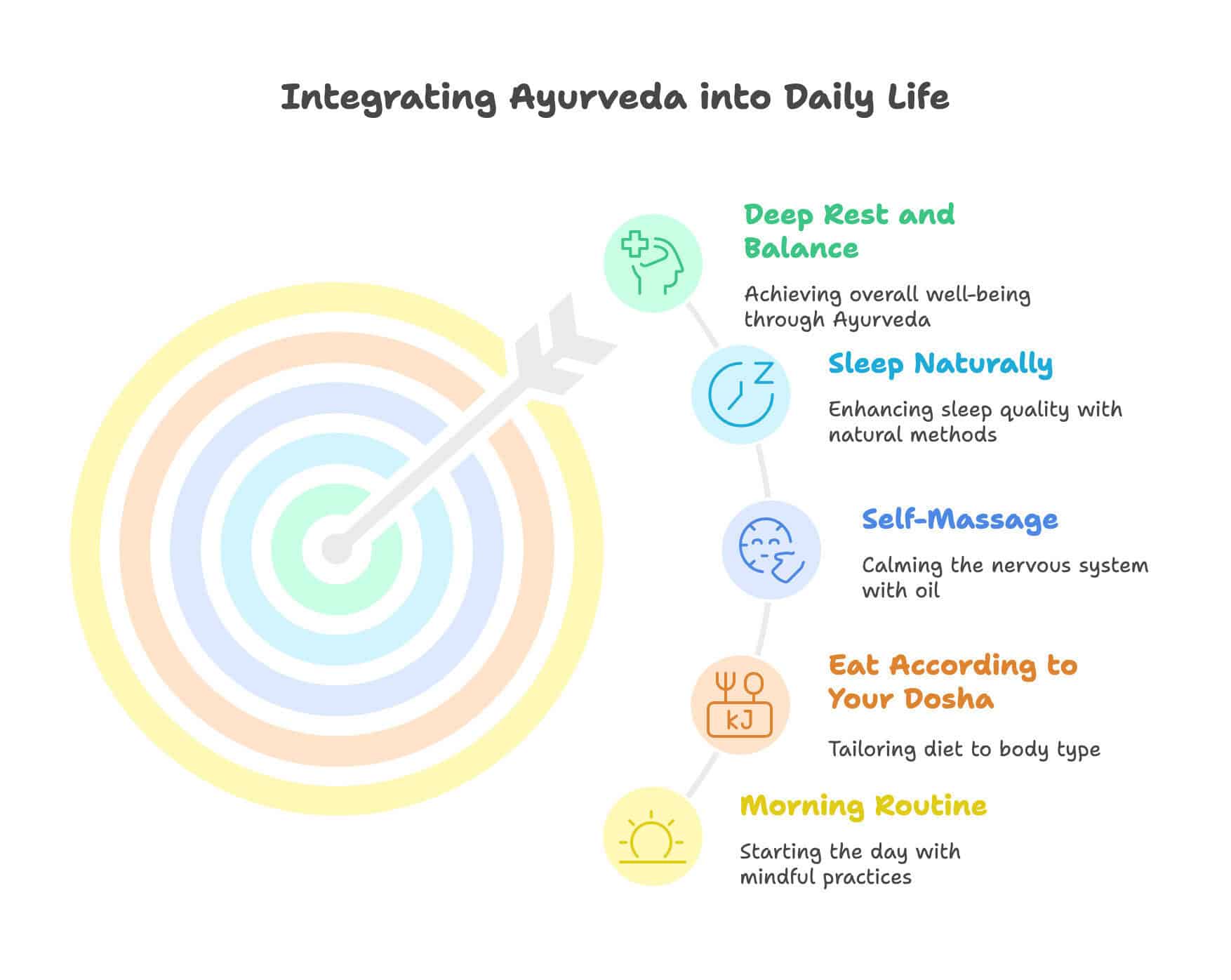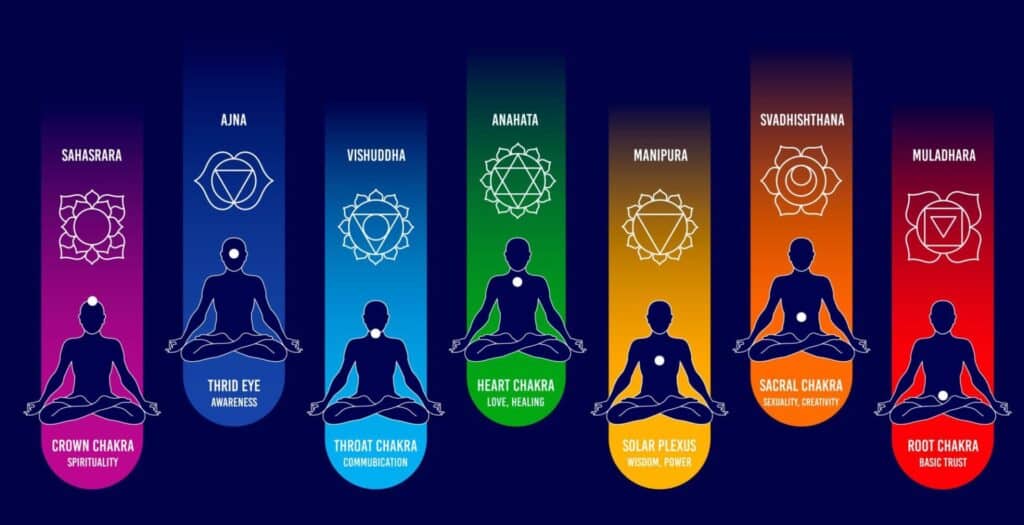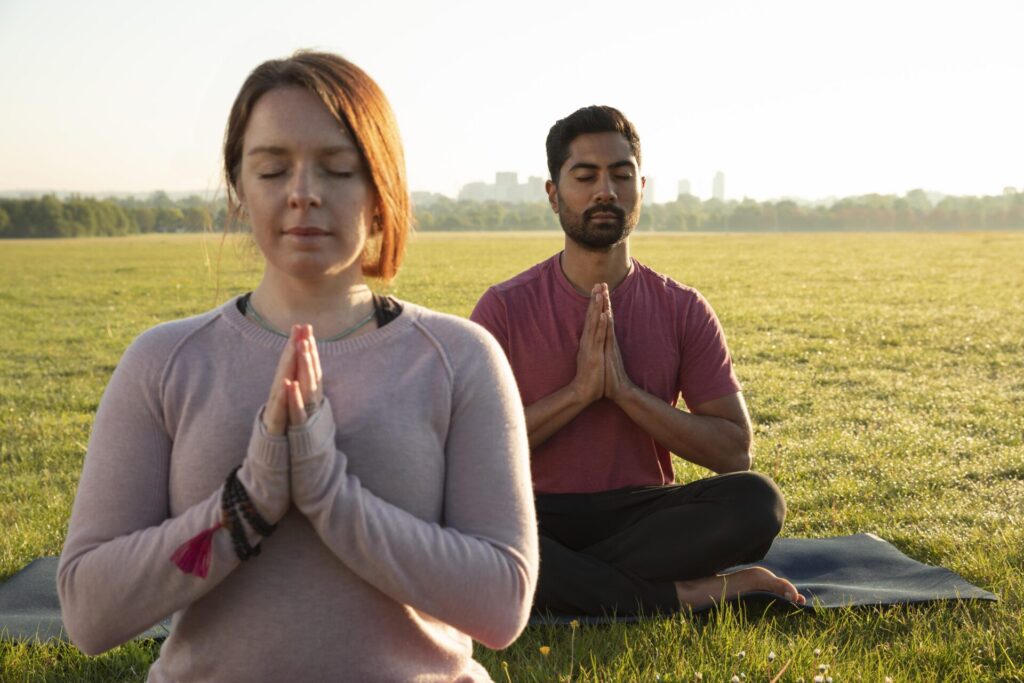Is Ayurveda Effective? Science, Tradition & The Truth Behind Ancient Healing

“Sarve bhavantu sukhinah, sarve santu niramayah” – May all be happy, may all be free from illness. – Ancient Vedic Prayer
Ayurveda, the 5,000-year-old system of holistic healing, has been practiced in India for millennia. Yet, in modern times, people often ask: “Is Ayurveda really effective?”
For some, Ayurveda is a miraculous science, offering profound healing through herbs, lifestyle corrections, and mind-body alignment. For others, it’s dismissed as unscientific or slow-acting compared to Western medicine.
So, what’s the truth? Does Ayurveda work? And if so, how does it compare to modern medicine?
Let’s dive deep—beyond opinions and biases—to explore the effectiveness of Ayurveda through science, tradition, and real-world applications.
1. Ayurveda’s Core Principle: Healing from the Root 🌿
Unlike modern medicine, which often treats symptoms, Ayurveda focuses on root cause healing.

🔹 It is based on balance – Health is the harmony of Vata (Air), Pitta (Fire), and Kapha (Earth & Water) within the body.
🔹 It sees the body as an ecosystem – Disease arises when digestive fire (Agni) is weak, toxins (Ama) accumulate, or energy channels (Nadis) are blocked.
🔹 It personalizes treatment – Unlike the one-size-fits-all approach in modern medicine, Ayurveda customizes healing based on your Dosha (body constitution).
💡 Think of it like this:
Western medicine = Firefighting 🚒 (quick symptom relief)
Ayurveda = Gardening 🌱 (nurturing long-term health)
2. What Science Says: Is Ayurveda Backed by Research? 🔬
While critics claim Ayurveda lacks scientific proof, modern research has started validating Ayurvedic principles in many areas:
📌 Turmeric (Curcumin) for Inflammation – Studies in The Journal of Alternative Medicine confirm curcumin is as effective as NSAIDs in reducing inflammation, but without harmful side effects.
📌 Ashwagandha for Stress & Anxiety – A 2021 study in the Journal of Phytotherapy Research found that Ashwagandha reduces cortisol (stress hormone) levels by up to 30%.
📌 Triphala for Gut Health – Research published in BMC Complementary Medicine and Therapies confirms that Triphala improves digestion, relieves constipation, and supports gut microbiome health.
📌 Ayurvedic Sleep Therapy (Brahmi, Warm Milk, & Pranayama) – Clinical trials show that Ayurvedic sleep methods increase melatonin production and improve deep sleep cycles.
✅ Modern science is proving what ancient wisdom already knew.
3. When Ayurveda Works Best (And When It Doesn’t)⚖️
✔ Ayurveda is highly effective for:
✅ Chronic conditions – Ayurveda excels in treating gut issues, skin disorders, hormonal imbalances, and stress-related conditions through lifestyle correction and herbal remedies.
✅ Preventive health – Ayurveda helps maintain long-term vitality, immunity, and disease prevention through personalized wellness plans.
✅ Mental health & emotional well-being – Practices like meditation, breathwork, and sattvic diet enhance mental clarity and peace.
❌ Ayurveda is NOT a quick fix for:
🚨 Emergency situations – In cases of heart attacks, severe infections, or trauma, Western medicine is essential. Ayurveda supports recovery but is not an emergency solution.
🚨 Advanced-stage diseases requiring surgery – Ayurveda cannot replace modern surgical interventions, but it can assist in post-surgical recovery and detoxification.
💡 Best Approach? Ayurveda & modern medicine should not be enemies—they should complement each other for a holistic approach to health.
4. Common Myths About Ayurveda (And The Truth) 🧐
💭 MYTH 1: Ayurveda is just herbs & home remedies.
✅ TRUTH: Ayurveda is a full-fledged medical system with diagnostics, therapies, and treatments for diseases. It includes diet, yoga, detoxification (Panchakarma), and personalized health plans.
💭 MYTH 2: Ayurveda works too slowly.
✅ TRUTH: Ayurvedic healing depends on how long the disease has been in the body. Acute issues may take weeks, while chronic conditions (present for years) need time for deep cellular repair.
💭 MYTH 3: Ayurveda is unscientific.
✅ TRUTH: Many Ayurvedic herbs and therapies are now clinically validated, and research in nutrigenomics (food-based gene therapy) aligns with Ayurveda’s approach to food as medicine.
💭 MYTH 4: Ayurveda is only for Indians.
✅ TRUTH: Ayurveda is a universal science that applies to all body types, climates, and cultures.
5. How to Use Ayurveda in Your Daily Life 🌱
You don’t need to replace everything overnight. Start small!

✨ Morning Routine (Dinacharya) – Wake up before sunrise, drink warm water with lemon, and practice deep breathing (Pranayama).
🥗 Eat According to Your Dosha – Favor light, cooling foods if you’re Pitta, warm grounding foods if you’re Vata, and light, dry foods if you’re Kapha.
💆♂️ Self-Massage (Abhyanga) – Apply warm sesame or coconut oil to calm the nervous system.
🛌 Sleep Naturally – Avoid blue light before bed and drink turmeric milk for deep sleep.
🌿 Even small Ayurvedic habits create powerful transformations.
Final Thoughts: Should You Try Ayurveda? 🤔
Ayurveda isn’t just effective—it is life-changing when applied correctly. But it’s not about replacing modern medicine; it’s about bridging ancient wisdom with modern science to create true well-being.
✨ If you’re tired of quick fixes that don’t last, Ayurveda offers something deeper—a way to heal, restore, and thrive in harmony with nature.
🌿 Would you explore Ayurveda? Or do you have a healing story to share? Drop your thoughts below! 👇🙏
#Ayurveda #AncientWisdom #HolisticHealing #Wellness #AnandBodh







Responses